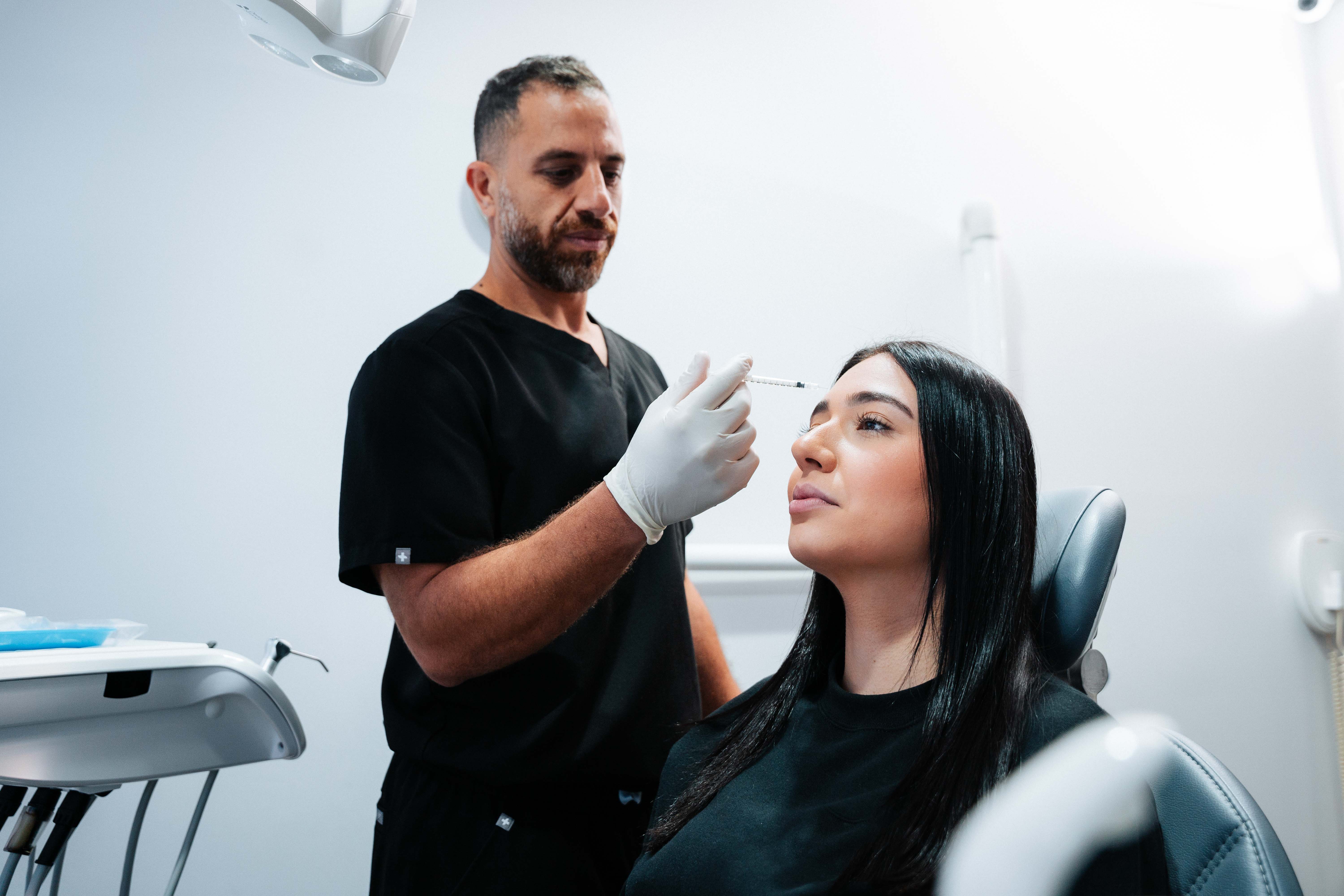
Botox For Teeth Grinding, Is It Effective?
What Is Bruxism?
Bruxism is a condition characterised by the involuntary grinding or clenching of teeth, often occurring during sleep or under stress.
Who Does Bruxism Affect?
Research points towards the efficacy of dental Botox for teeth grinding. It is most prevalent in children, but affects approximately 8% of adults too. The grinding of teeth most frequently happens at night time, when the person who suffers from the condition is asleep.
What Causes Bruxism?
The cause of teeth grinding is almost totally unknown, however one suggestion includes brain signals that lead to involuntary and forceful contraction of jaw muscles. Other hypotheses regarding the cause of bruxism include a genetic predisposition, stress and anxiety, an abnormal bite or crooked or missing teeth. The effects of some drugs, including caffeine may also play a role. In children, the condition may begin to manifest in response to pain or discomfort from colds, ear infections, allergies and other health problems.
The condition can lead to teeth wearing down and become crooked or misshapen. Many people do not realise they suffer from the condition until signs of damage are observed by a dentist. Botox for teeth grinding has been used as a treatment for many years, but was not studied until 2017.
Botox For Bruxism: How Does It Work?
Botulinum toxin (also known as Botulinum Toxin) can alleviate clenching, as well as relieve associated tension and headaches you might be facing. Typically, the effects of botulinum toxin begin to appear 1 to 3 days post-injection, though it may take up to two weeks. The benefits can persist for 3 to 6 months.
Alternative Treatments For Bruxism
Other alternatives are historically unreliable. Behavioural and drug treatments haven’t worked out very well and have not been studied to much extent in clinical trials. Do-it-yourself methods include avoiding caffeine and alcohol and chewing gum. Chewing gum accustoms jaw muscles to clenching.
What The Studies Have Shown About Bruxism?
In the 2017, study, 22 people with bruxism were assessed overnight to evaluate the severity of teeth grinding. 13 participants received Botox injections through their cheeks into their chewing muscles. The others received a placebo. Four to eight weeks later, the participants were observed overnight again to allow assessment of improvement.
None of the placebo-receiving patients demonstrated any improvements, but almost 50% of the patients who received Botox for teeth grinding were deemed ‘much improved’ or ‘very much improved’.
Two patients that received Botox treatments suffered a lopsided smile following treatment. However, this side effect abated after a few weeks. The senior researcher responsible for the study viewed the results as evidence supporting the use of Botox for teeth grinding as a safe and effective treatment. Indeed, the treatment was so effective it has been considered more effective than other alternatives on the market.
Visit Big Smiles Dental
If you have headaches or other pain due to grinding your teeth, Botox may help. At Big Smiles Dental we provide dental botox for teeth grinding as an effective treatment solution. Contact our friendly team today to schedule an appointment for your Botox injection today. Botox injections for teeth grinding are covered by most health insurance providers, simply ask us about this when you call.
Big Smiles Dental is open for business between 9:00am and 5:30pm Monday, Wednesday and Friday and between 9:00am and 3:00pm on Tuesday and Thursday. Call us on 02 9921 1799 if you are interested in trying a Botox injection for your teeth grinding. Our friendly team will be happy to answer any questions you have when you call before scheduling your appointment.
